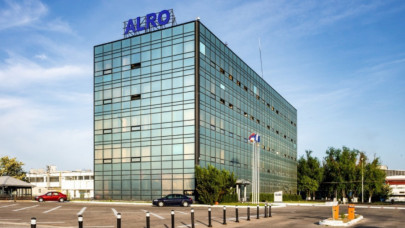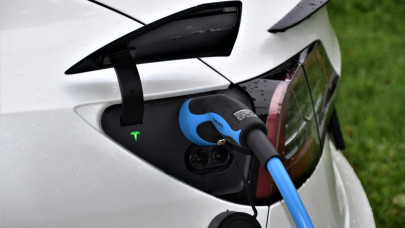New data published in the Accelerating an Equitable Transition: A Data-Driven Approach report highlights that most executives around the world are worried about unequal access to green financing and green technologies among businesses in their countries, suggesting that – without proactive measures to ensure economic equity – the transition to a carbon-neutral economy could exacerbate both between- and within-country inequalities.
Asymmetric access to financing, in particular, is cited as the top economic equity risk for the green transition of all sectors, from energy to infrastructure, transportation, agriculture, heavy industry, and the circular economy. Unequal access to technology and know-how is expected to create disparities, especially in the development of the circular economy and the greening of energy sources, infrastructure, and heavy industry.
Economic equity risks in the green transition can significantly impact workers and the data released today helps to identify sectors where the risk of workers' displacement is highest. These include, in particular, the decarbonization of fossil fuel and heavy industries, the development of a circular economy, and the greening of agriculture and food production.
Affordability challenges are most likely to emerge in the transition of the energy sector, transportation, agriculture, and food production, as the transformation of these sectors is more likely to raise the prices of essential goods.
The research emphasizes that equitable transition concerns countries across income and development levels. In the absence of readily available data on how climate policy and the actions of companies in key sectors directly impact economic equity, it is important to recognize that countries will have varied exposure to equity risks based on economic, institutional, demographic, and geographical specificities.
While the exposure and drivers of equity implications of climate action vary, there are shared challenges and opportunities across countries. The report categorizes countries into six archetypes:
1. Inclusive Green Adopters: High-income, service-driven economies making significant strides in reducing emission intensity through available green technologies while ensuring economic equity (e.g., France, Netherlands, Spain)
2. Emerging Green Adopters: Upper-middle and high-income economies with significant industrial employment transitioning to innovation-driven economic models (e.g., Poland, Ireland, Italy)
3. Fossil Fuel Exporters: Economies heavily reliant on fossil fuel rents and subsidized energy consumption, resulting in high-emission intensity (e.g., Kuwait, Saudi Arabia, United Arab Emirates)
4. Growth Economies: Rapidly industrializing emerging economies with growing energy demand, balancing climate mitigation with socio-economic development (e.g., Brazil, South Africa, India)
5. Frontier Economies: Low-income countries with large youth populations and low emissions per capita, in need of investing in the foundations for sustainable long-term growth (e.g., Nigeria, Bangladesh, Pakistan)
6. Green Developers: Highly industrialized and technologically advanced countries leading in green technologies and business models (e.g., China, Germany, Japan, USA).
Understanding different channels through which climate action can create inequities, identifying vulnerable stakeholder groups, and increasing transparency through comparable, consistent as well as timely evidence can set the agenda for equitable climate action that serves both people and the planet. Ensuring the affordability and accessibility of goods and services is crucial in the green transition.













